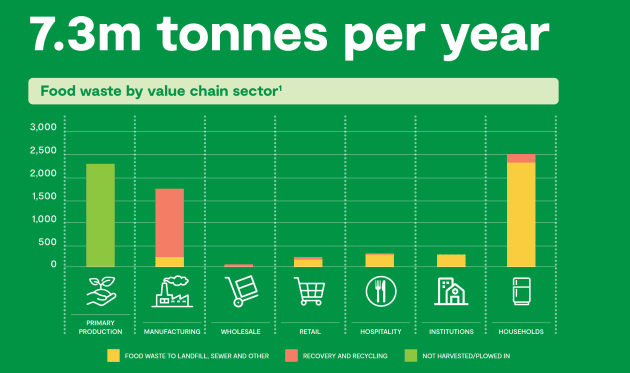
National Food Waste Strategy. The strategy contributes toward global action on reducing food waste by aligning with Sustainable Development Goal 12ensure sustainable consumption and production patternsin the United Nations Transforming our world. Food losses all the way along the production and supply. 2030 Agenda for Sustainable Development. We are fully committed to reducing food waste reducing our carbon footprint and also meeting the UN Sustainable Development Goal to halve global food waste at consumer and retail levels by 2030.

The federal government has made an initial funding commitment of. We are fully committed to reducing food waste reducing our carbon footprint and also meeting the UN Sustainable Development Goal to halve global food waste at consumer and retail levels by 2030. The National Food Waste Strategy Commonwealth of Australia 2017 defines food waste as. Including policy support business improvements market development and behaviour change. Initiative for greater appreciation of foodstuffs has been run by the Federal Ministry of Food and Agriculture BMEL since 2012 and informs consu-mers about the value of food the causes of food wastage and options for reducing this wastage. It could also support the transition to environmentally friendly farming and fishing that are now imperative.
Preserve our stock of material resources by minimising waste promoting resource efficiency and moving towards a.
The National Waste Policy provides a national framework for waste and resource recovery in Australia. Decide location of food waste treatment. Die Strategie zeigt mögliche Ursachen der Lebensmittelverschwendung auf. It outlines roles and responsibilities for collective action by businesses governments communities and individuals. We are inviting stakeholders within the food and agribusiness sector to join our National Food Waste Strategy Feasibility Study webinar in partnership with Edge Environment and Lifecycles. NATIONAL STRATEGY FOR FOOD WASTE REDUCTION.